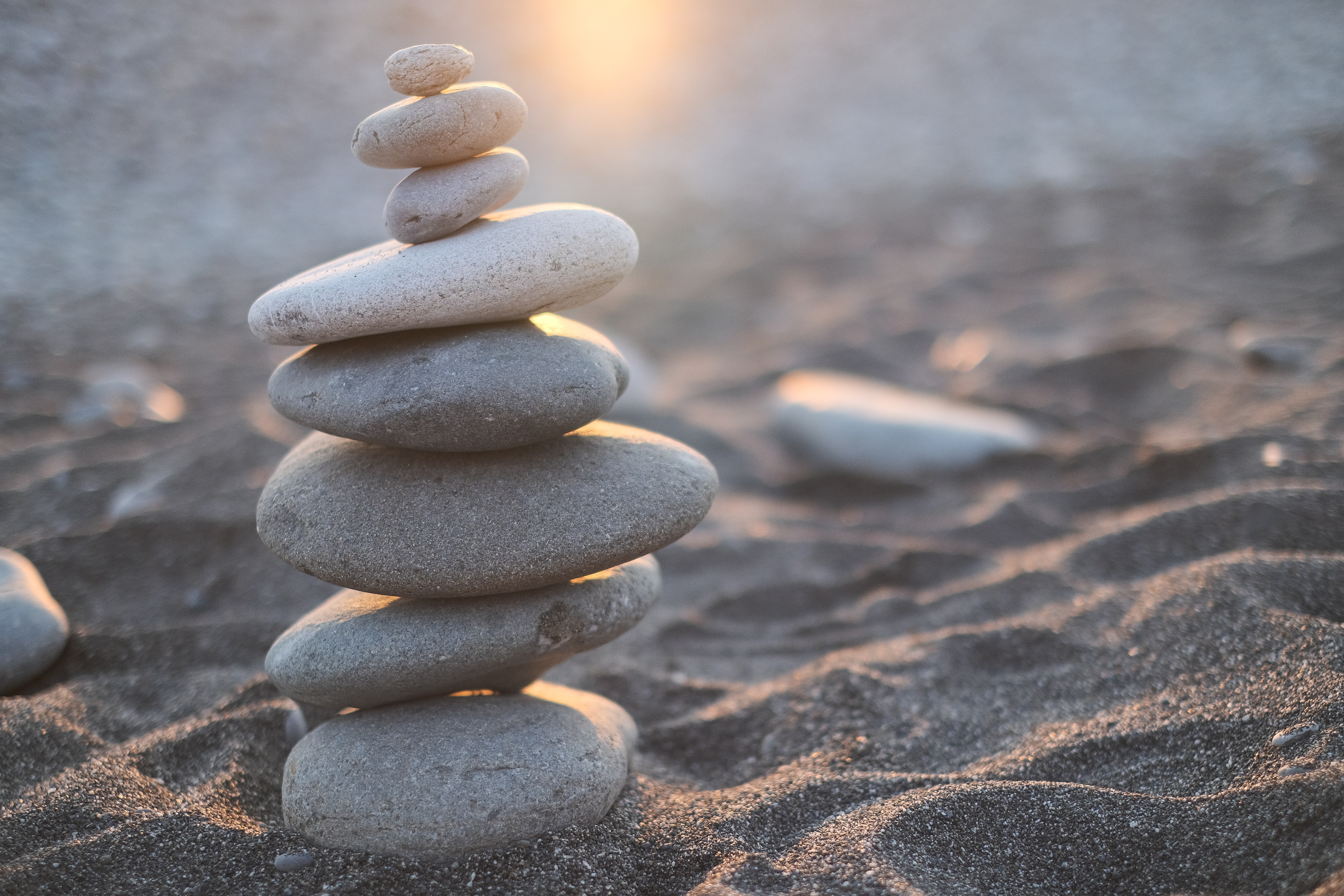How to achieve emotional equilibrium
Photo by Nadin Mario: Unsplash
As we embark on a brand-new year, many of us still grappling with the ongoing effects of 2020; remember to stop and take some time for a mental health check in. Whatever your 2021 resolutions or goals may be, good self-care will ultimately help you to achieve these goals.
Self-care or self-compassion does not mean you are putting yourself ahead of others, it means you are taking time to be the best person you can be. As the famous psychologist Jack Kornfield once said, “Compassion, without self-compassion, is incomplete.” Practicing self-compassion, that is treating yourself with the same level of kindness as you would others, does not come naturally for many people. However, being kind to yourself by soothing the inner self-critic and softening negative thoughts can lead to a better sense of well-being and inner strength that enables you to also practice compassion towards others in your life.
Having endured 2020-a year like no other and with some slightly murky waters ahead, the need to be kind to ourselves and others has never been more important. So how do you actually ‘check in’ with yourself to make sure you are emotionally, physically and psychologically ready to tackle whatever may lie ahead in 2021?
Dr Stan Steindl recently released a book called ‘The Gifts of Compassion- A guide to overcome suffering’. Some very practical daily advice lies within. Particularly pertinent to this article is the three pillars of the emotional system, threat, drive and soothe. Dr Steindl explains that; “we are never really in just one system, and the three systems fluctuate across time and across contexts.” Dr Steindl suggests that daily monitoring of these three systems can be a very useful way to check in with ourselves. By assessing each emotional system, rating it from 0-10, we can attempt to balance the elevated threat system to achieve emotional equilibrium.
Tuning into your emotions and understanding what each of these personally unique threat systems means to you is the first step. Commonly known as the fight/flight/freeze response the threat system is what our ancient brains draw upon to keep us safe from danger. Over time, this has evolved to exhibit human behaviours of heightened vigilance, anxiety, anger and even submission, avoidance and aggression; Dr Steindl explains. Checking in so see how ‘threaten’ we are feeling can allow us to then counteract unhelpful levels of anxiety or anger with more soothing activities.
Our drive system as it would suggest, is what motivates us to set sail, to collaborate, socialise and strive to achieve. This is an important part of our mind and nothing would be achieved without it. Reflecting on your level of motivation, excitement and energy may help you to tap into certain patterns to understand why your levels fluctuate and how to keep them at optimal levels.
The third system in the brain, known as the soothing system, is integral to human survival. It is our instinct to nurture and care and allows us to regulate feelings of threat. In his book, Dr Steindl elaborate on this very important system and how we can activate our soothing system to help us feel safe, secure and calm. Knowing how to soothe yourself and each of us will have different methods, is an amazingly useful lifelong skill. For some this will come naturally and for others activating this system may require some work.
Understanding the three drive systems and how to keep them in balance is definitely an art worth mastering. Inevitably there will be times when you may need a helping hand, and this is okay. We cannot always resolve our problems on our own and our emotions will not always be perfectly balanced. The practice of checking in is an excellent way to ascertain if we do need to talk to a friend or a professional about our feelings. Dr Steindl puts it nicely when he says, “Begin to see that every person is just like us, and we are just like them. Sharing a common humanity, we all face the same primary challenges and deal with our own versions of suffering.”
To learn more about our team of Clinical Psychologist at Newmarket and Morningside, head to the Psychologists page of our website.
If you would like to learn more about ‘The Gifts of Compassion’, or purchase a copy head to this page.
